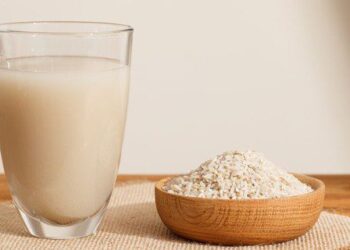
Has your complexion been looking dull and lifeless the past few days? If your skin has been losing its glow recently, it is probably because your stress levels are taking a toll on your skin. Stress does more than just make you feel unhappy – it wrecks havoc on your skin too.
Stress hormones
Stress and anxiety are bad news to your skin. It causes your skin to age faster, zits pop up even more and it generally looks blotchy and lifeless all over. Biologically speaking, stress starts affecting your brain first, causing it to release cortisol, a stress hormone, before moving into your bloodstream. This causes the oil glands to boost the production of oil in your skin, causing breakouts. Other than that, it also dilates your blood vessels, which makes your more prone to redness and aggravates rosacea.
Dry skin
Other side effects of stress on the skin includes dry skin. Being under stress impairs the outer skin layer that blocks the penetration of bacteria and pathogens. This makes the skin more prone to dry skin, rashes and bacterial related skin diseases like eczema. To maintain your skin’s ability to retain moisture within, switch to a rich break that contains plant-derived moisturizers like aloe vera, shea butter and avocado oil. If you need to shield it against bacteria, go for creams with microbial properties like tea tree oil and papaw (fermented papaya).

Skin inflammation
The production of cortisol caused by stress also leads to inflammation in the skin, which also promotes the growth of acne on your skin, and even redness. The best remedy for that is to use an products with anti-inflammatories like chamomile, rosewater, and green tea. If your skin seems to suffer from redness, make your own rosewater mist with with our recipe here.
Stress is also the number one enemy of youthful skin, so if you want to combat those fine lines and wrinkles, you need to find a way to minimize stress. What’s an alarming fact is that women can lost up to 1% of our skin’s collagen supply each year after we reach our 20s, and stress accelerates. In order to do that, skincare expert Lavinia Borcau insists that you need to control your blood sugar levels by avoiding refined carbohydrates and eating more vegetables, fruits, whole grains and high-antioxidant foods. Sugar affects the production of collagen in the skin through a process called “glycation”, which decreases the elasticity of the skin, making it stiff. Here are more facts about sugar and its effect on the skin.
Here are 7 simple additional tips to help you relieve stress and protect your skin from stress:
1. Hydrate yourself with plenty of fluids each day to combat dehydration.
2. Exercise at least 30 minutes, three times a week to increase blood circulation.
3. Use products that contain lots of Vitamin C to help reveal newer, younger and brighter skin.
4. If you suffer from greasiness and breakouts, exfoliate your skin with a scrub that’s gentle and contains lactic acid that hydrates the skin while removing dead skin cells.
5. Drink lots of tea and foods that are rich in antioxidant properties that combat free radicals in your skin.
6. Get between 6 to 8 hours of sleep each day. Here are reasons why sleep is important for your skin.
7. Restore healthy blood circulation in your skin with the help of facial exercises as shown in the image below:










